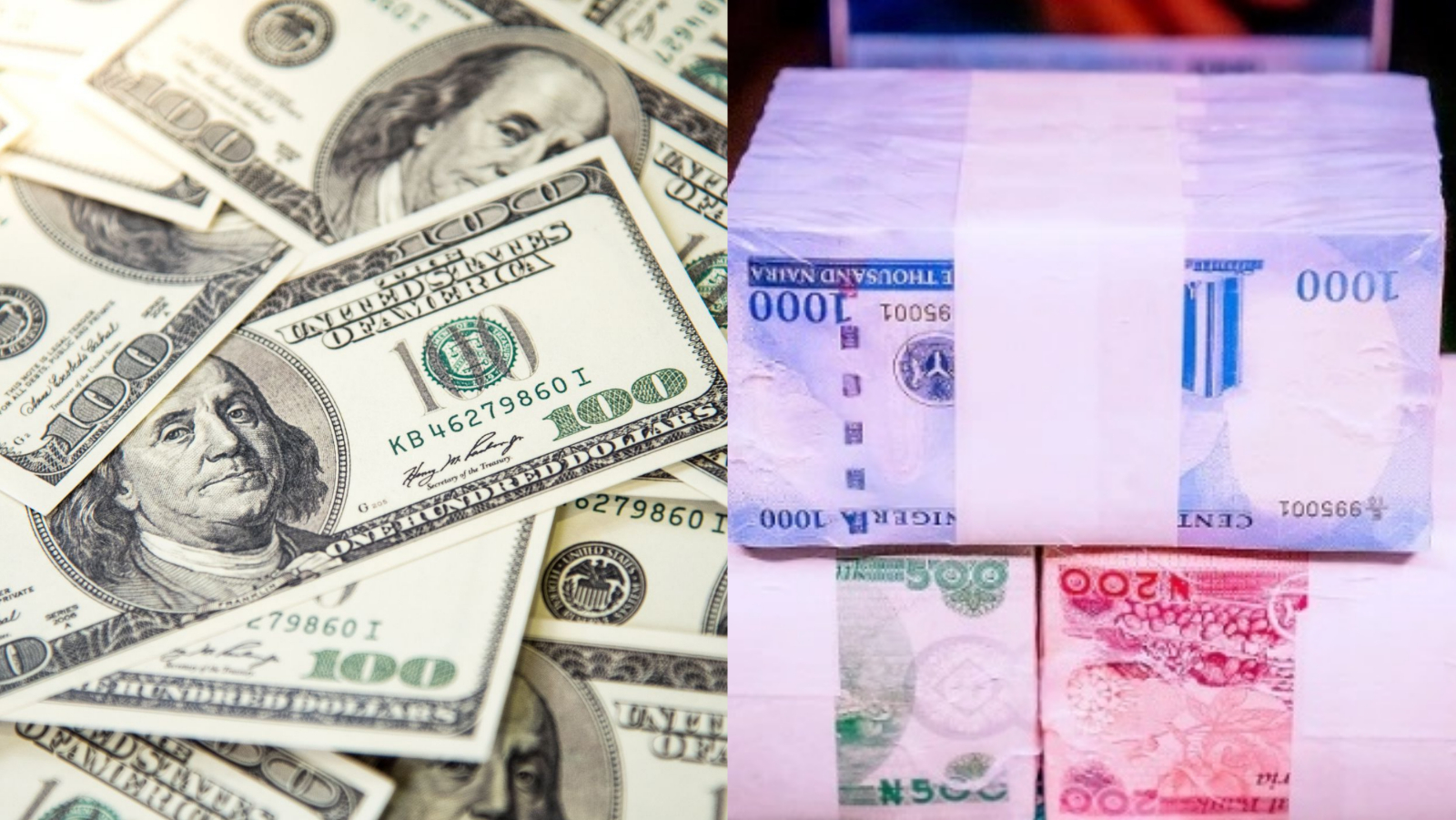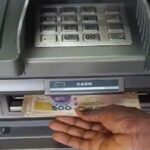There seems to be no end to the depreciation of naira in the official market, as the dollar rate rises by 0.11 per cent, with traders adding 50 kobo to their asking price to sell the USD.
At the end of business hours on Friday, December 9, 2022, the dollar was sold at N446.50, rising above the N446/$1 it exchanged for at the end of the trading session a day before.
Join our WhatsApp ChannelDuring trading in the Investors & Exporters window of the official market, Prime Business Africa gathered that about $162.17 million worth of forex was transacted.
This is $69.03 million below the $231.20 million traded the previous day, according to forex trade data obtained from FMDQ.
The fall in naira value to dollar entered day four, indicating the official foreign exchange market is reacting negatively to the cash withdrawal policy of the Central Bank of Nigeria (CBN).
Prime Business Africa had reported that the central bank has directed banks to limit cash withdrawals from Point of Sale (PoS) and Auto Teller Machine (ATM) to N20,000 daily, starting from January 9, 2023.
Also, withdrawal over-the-counter was reduced to N500,000 for businesses and N100,000 for individuals. The decision was made to reduce the cash in circulation to fight inflation and reduce the several naira notes chasing few dollars.
Despite the central bank Governor, Godwin Emefiele, stating that the financial regulator is willing to review the cash withdrawal policy, the foreign exchange market has not responded positively.
In the black market, Bureau De Change sold the United States currency at N743/$1 on Friday, raising the value of the American dollar by N3, when compared to the N740/$1 it exchanged in naira on Thursday.
The President of the Association of Bureaux De Change Operators of Nigeria (ABCON), Aminu Gwadabe, had stated that the cash withdrawal policy will increase the rush for dollars, negatively affecting the value of the naira.
Gwadabe explained, “One of the unintended consequences of the cash withdrawal limit is the return of public rush to substitute their naira to greenback which is putting pressure on the exchange rate of the local currency before the effective date.”

















Follow Us